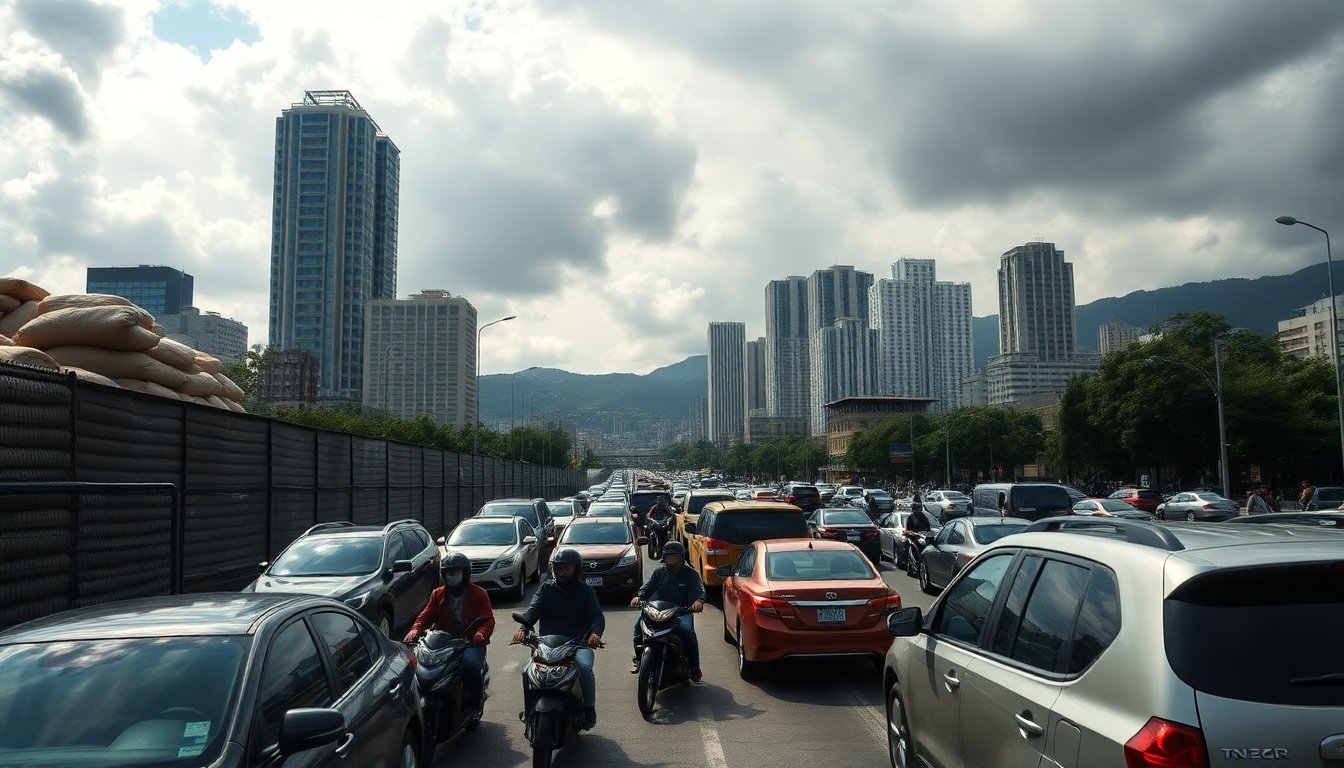Table of Contents
In a notable development, President Donald Trump announced that he has granted the Central Intelligence Agency (CIA) permission to operate within Venezuela. This decision aims to address the rampant issues of drug trafficking and illegal migration originating from the South American country. While he did not explicitly state an intention to remove Venezuelan President Nicolas Maduro, Trump’s comments indicate a shift in U.S. strategy in the region.
These remarks highlight Trump’s broader strategy to enhance the CIA’s capabilities in conducting covert operations and targeted strikes in Latin America. This move aligns with a secret directive signed by Trump earlier, which initiated military actions against drug cartels in the region.
Addressing drug smuggling and migration
Trump linked this new authority directly to his administration’s ongoing efforts to combat the illicit drug trade. “We have a lot of drugs coming in from Venezuela, and a lot of the Venezuelan drugs come in through the sea,” Trump stated during a session in the Oval Office. He emphasized the need to implement measures on land to complement existing efforts. His comments reflect a growing concern over the rising tide of narcotics entering the United States.
While Trump did not explicitly claim that the goal was to oust Maduro, he suggested that Venezuelan authorities are feeling the pressure from U.S. actions. “I think Venezuela is feeling heat,” he noted, adding that other nations are also experiencing similar pressures. Trump’s assertion that certain countries are emptying their prisons to send their worst citizens to the U.S. has been widely disputed.
Escalating military actions and legal concerns
The president’s comments followed a recent U.S. military strike targeting a vessel believed to be involved in drug trafficking off the Venezuelan coast, resulting in the deaths of six individuals aboard. This incident marked a significant escalation in military operations, being the fifth such announcement aimed at disrupting the drug trade, further increasing tensions with the Maduro government. In response, Maduro indicated that he may declare a state of emergency to safeguard Venezuela against potential U.S. military actions.
Legal considerations and congressional oversight
While Trump has bolstered the CIA’s operational authority, questions have arisen regarding the legality of these measures. Some Democratic lawmakers have voiced concerns, arguing that the president may be overstepping constitutional boundaries. Democratic Senator Peter Welch from Vermont criticized Congress for failing to provide adequate oversight, stating that there is a lack of clarity regarding the legal justifications for these military actions.
Welch remarked, “We have asked for, what’s the legal basis upon which you’re doing this? No answer.” This situation raises significant concerns about executive power and accountability when it comes to decisions that could lead to loss of life. Even some members of the Republican Party, such as Senator Rand Paul of Kentucky, have expressed skepticism regarding the administration’s approach.
Venezuelan opposition calls for U.S. intervention
In the midst of these developments, Venezuelan opposition leader María Corina Machado, who recently received the Nobel Peace Prize, has called for increased U.S. support to address what she describes as a “war” waged by Maduro against the Venezuelan people. In her discussions with CNN’s Christiane Amanpour, Machado echoed the Trump administration’s characterization of Maduro as the head of a “criminal narco-terrorism structure.” She appealed for greater assistance in efforts to remove Maduro from power.
Wider implications of U.S. military actions
Recent reports suggest that U.S. military strikes have extended beyond Venezuelan waters, with at least one operation targeting Colombian nationals on a vessel that departed from Colombia. This expansion indicates that the U.S. military’s campaign against suspected drug trafficking organizations may be broader than previously thought. Such developments highlight the complex interplay of regional security, drug trafficking, and U.S. foreign policy.
As these events unfold, the implications for U.S.-Venezuela relations remain uncertain. The Trump administration’s aggressive stance reflects a growing urgency to combat drug smuggling and its associated challenges, while the legal ramifications and the potential for military escalation warrant close scrutiny.


